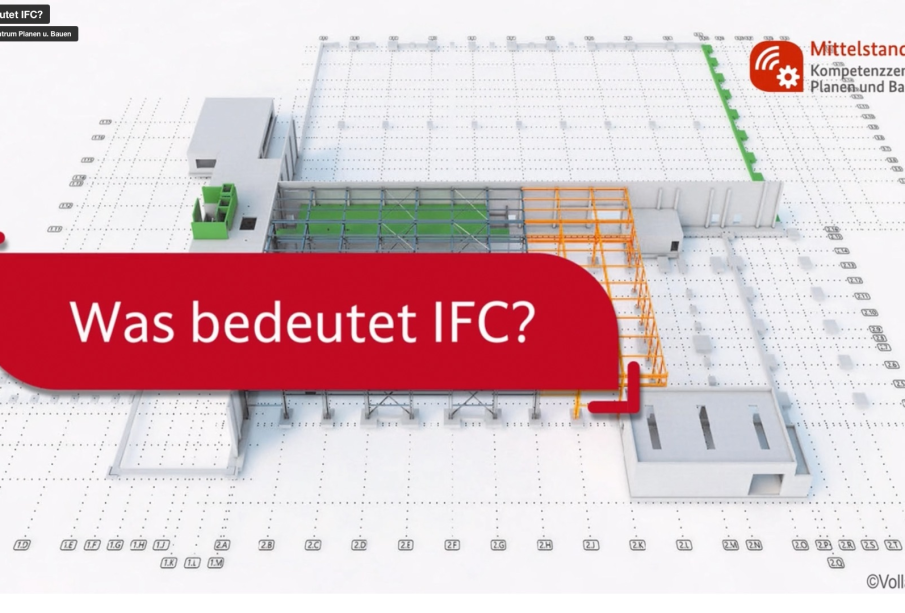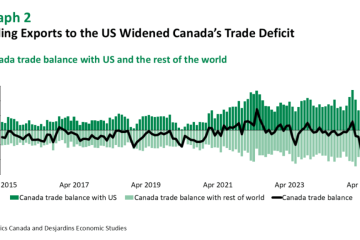Understanding the Role of IFC in Global Development

Introduction
The International Finance Corporation (IFC), a member of the World Bank Group, plays a crucial role in promoting economic development and reducing poverty by providing financial supports and investment solutions across developing countries. With a mission to encourage private sector development, the IFC is essential not only for fostering investment but also for advancing sustainable economic growth worldwide.
Recent Initiatives and Achievements
In 2023, the IFC announced a significant investment strategy aimed at mobilizing private capital to tackle global challenges, including climate change and infrastructure deficits in low-income countries. The organization aims to leverage around $3 billion to support projects that align with its core mission of reducing poverty through sustainable growth. The IFC is particularly focused on increasing access to clean energy and digital infrastructure, integral to achieving the United Nations Sustainable Development Goals (SDGs).
One notable recent development is the IFC’s partnership with various African nations to expand renewable energy projects, aiming to increase energy access for millions while fostering economic growth. In September 2023, the IFC committed $120 million to improve solar energy capacity in East Africa, highlighting its commitment to renewable sources and innovative energy solutions.
Impact and Future Prospects
The impact of the IFC’s initiatives is expected to be profound. By promoting business-friendly environments and facilitating investments in critical sectors, the IFC not only fosters job creation but also contributes to economic resilience in affected communities. The organization’s proactive approach, particularly in the context of post-pandemic recovery, is set to encourage other private sector players to invest in vulnerable economies.
Looking ahead, the IFC aims to expand its portfolio in emerging markets further and strengthen its focus on climate finance initiatives. Given that the challenges posed by climate change are urgent, the organization’s strategy to align its resources and investments with environmental sustainability will be pivotal in shaping the future of financing in developing economies.
Conclusion
The International Finance Corporation stands as a pillar for economic growth and sustainable development. The relevance of IFC’s work continues to grow amid a rapidly changing global economy, highlighting the need for effective financial strategies that are inclusive and sustainable. For readers and investors alike, understanding the IFC’s operations and developments is essential, as they represent not only opportunities for engagement but also a commitment to contributing to global progress.




